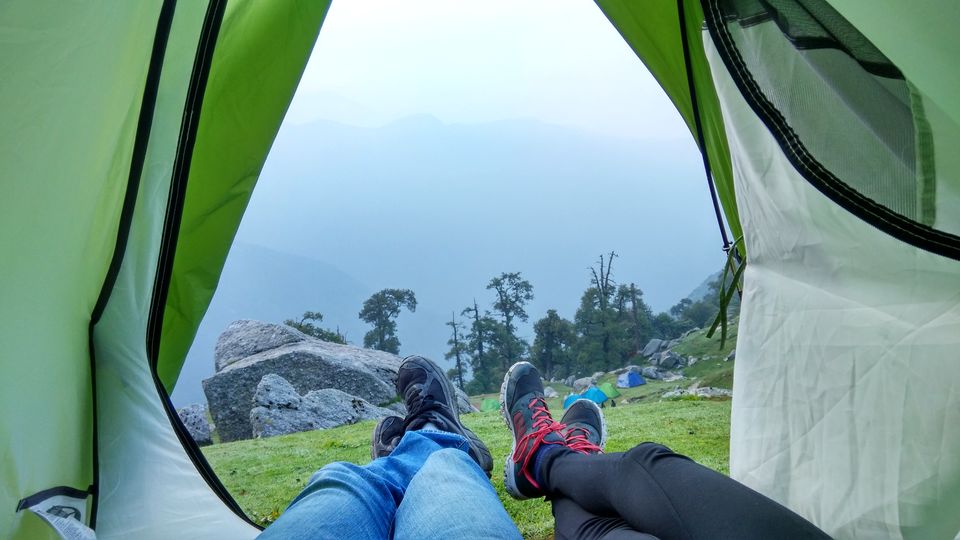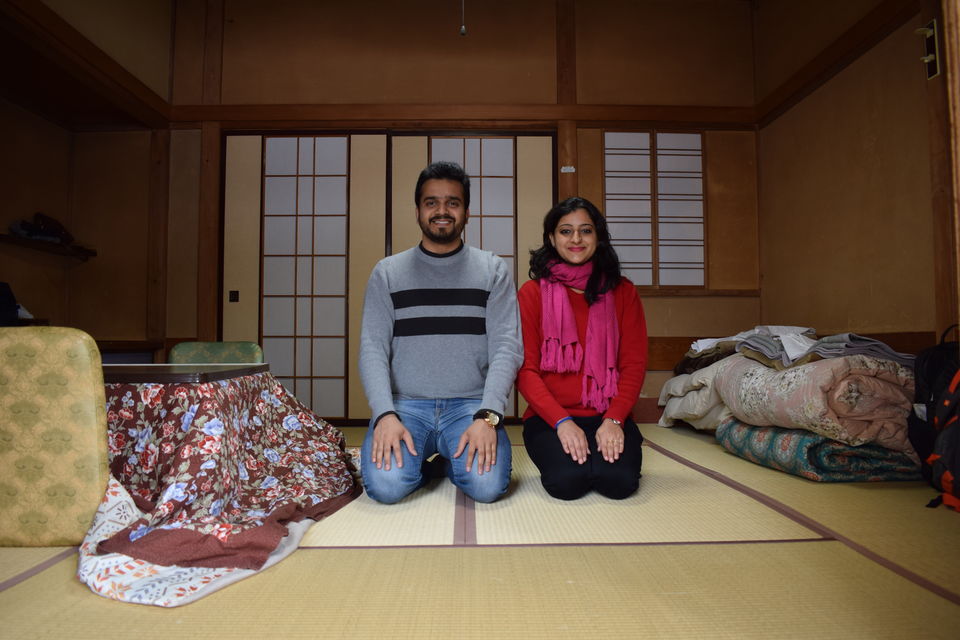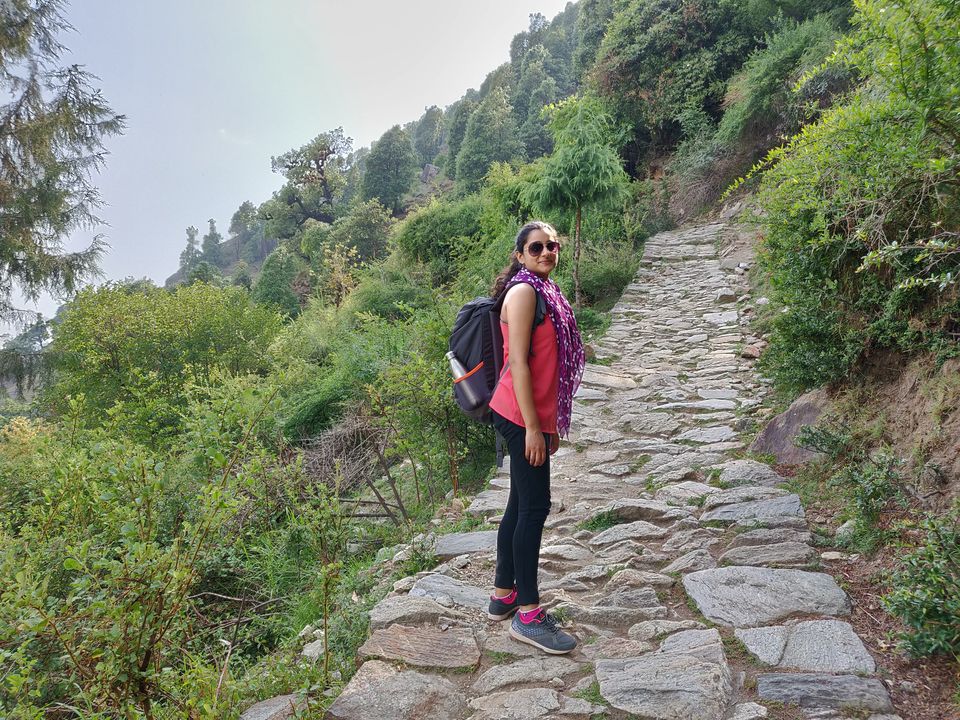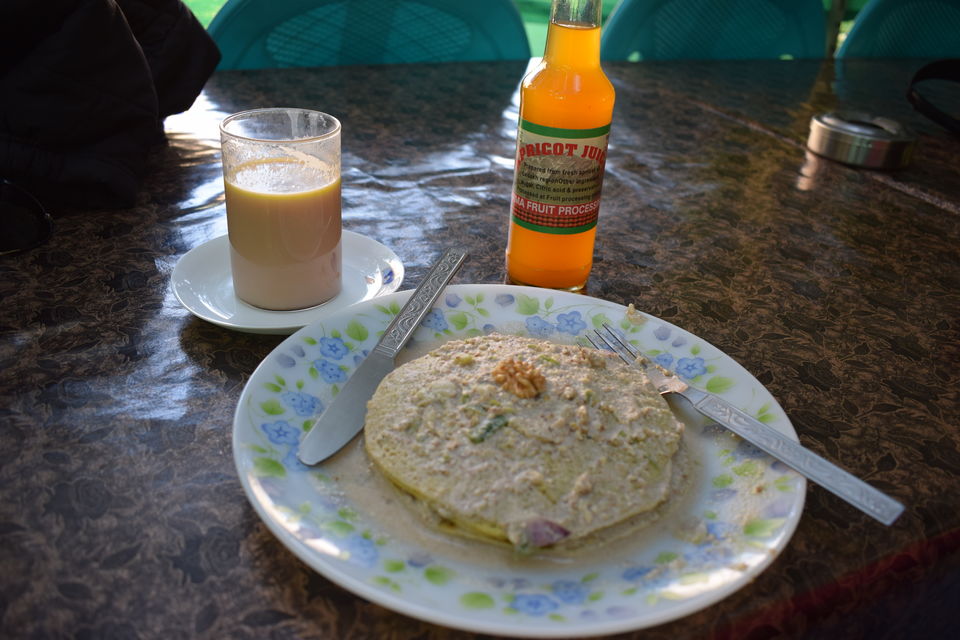
There is a very famous quote by Helen Keller which goes like this-
“Alone we can do so little together we can do so much”
But before I talk about what exactly we need to do (alone or together), let’s first talk about why we travel?
We travel to disconnect from our mundane routine, to seek peace, for adventure, or just leisure. I, personally, like traveling because it takes me to places I’ve never been before and I get to meet people from different cultural backgrounds. More than anything, I love interacting with the people and learning from them the secret of their happy secluded life.
But, most often, we forget that when we are traveling to a different part of the country/world, we are only ‘visiting’ them to admire the beauty of their ‘home’. We’re not going to inhabit their land.
Look at it this way- when guests come to your house, you treat them generously- preparing food for them, making preparations to make their stay comfortable.
How would you feel if the guests who visit your house start throwing their waste around your house? Or, worse, start abusing all your hospitality in the name of comfort?
Feeling it, yet?
That’s what we’ve been doing to our mountains and our beaches in the name of travel- throwing away packets of chips from our plush car’s window, leaving our empty plastic bottles to rot forever in the mountains, consuming alcohol and tossing the empty bottle like a pro disc throw athlete.
Coming back to the quote- alone, many irresponsible travelers may have thrown just “one” plastic bottle. But together, we all have contributed to 100x pollution.
But there’s still time for us to act. We can change our perspective, change our habits and change the way we travel.
For me, this change was hard but my heart was in the right place, so I succeeded. I learned the art of #responsibletravel and learned how can I help the beautiful places thrive for future generations.
Here’s what I do whenever I travel-
I stay in local homestays
Although it’s a personal choice and I know not everyone can do this, but I would still love to tell you why it’s pure gold. Staying with a local not just gives you access into their home, it gives you access into their life. I particularly love to see how they live, how they decorate their homes, what their bed-sheets look like, how their curtains smell, and what scenery they put up on the wall. And most importantly, at meals time you can talk to them and eat food cooked by their own two hands. With love!

That’s my way of looking at life. Yours may vary. You might worry about soiled bed sheets, bad odor and that’s perfectly fine. In that case, I suggest you carry your own bed sheet and a fragrance.
I carry my own water bottle
Always! That’s purchased my steel water bottle a while ago and it’s my companion since the beginning of this year (2019). Before that, I used to carry my plastic water bottle.
Here’s what I want you to think about- you’ll get bottled water even in the remotest places. But is carrying, let’s say, one more KG of weight really a burden when you’re already carrying at least 10 times more in your suitcase/trekking bag? Do you really think your priorities are set straight?
Or, do you believe that you can survive without water but not without your clothes or high heels?

The point that I am trying to make here is- don’t just be a mindless consumer because you have money. Moreover, most of the places you go, you’ll find nice people and they wouldn’t ask for a penny to refill your water.
And last but not least, even if you have to buy a plastic water bottle, please carry that bottle with you and refill it at next stop. You don’t need a new bottle every 500 meters.
I carry my trash back to the city
I learned this much later. In fact, very recently in early 2019. I had this opinion that throwing trash in the dustbin, and not littering everywhere, is the right approach.
But that’s really an “out-of-sight-out-of-mind” mindset. Most of the remote locations like mountain peaks and little hamlets located in the valley have limited or no waste management systems. So, even though the government has put dustbins for people to use, the trash collected is ultimately throw down the mountain/sea where it stays for hundreds of years and degrading natural habitat of many animals.
Or, worse, burnt by local bodies which again gives harmful fumes, thus polluting the fresh mountain/beach air.
When I got to know about this situation, I started carrying all my waste (wrappers, tissue papers, even the alcohol bottle) back home. Not that waste management system in my city (Delhi) is extremely successful, it’s still better than remote areas.
I want you to understand that you’re responsible for whatever waste you are generating. So, please consider adopting this.
I avoid doing shopping
I’m not a shopaholic. I don’t really like shopping, especially for myself. Once upon a time, I used to buy a few souvenirs for immediate family members as a token of remembrance. But I have come to an understanding that shopping at a popular tourist destination is just another way of adding the load to “supply v/s demand” theory.
The more we ask for, the more local shop owners will be forced to produce/source that item (who doesn’t love profit!).
Especially for products like the ivory souvenirs or trinkets made from killing marine animals. More demand for ivory products means more killing of elephants. Isn’t this thought disturbing? Just because you want to decorate your house’s shelf, an elephant gets killed!
But again, that’s just my perspective. Other people look at shopping as a way to support local communities and the argument is absolutely valid. In that case, I would suggest please buy items that are locally produced. For example- we bought bamboo mugs for our friends when we were visiting Meghalaya. Bamboo is abundant in that region, so it definitely solved the purpose of shopping.
One last thing, if you really stand by your point of ‘supporting local craftsmen’, please don’t haggle them to death.
I eat local food
You might think of me as a very bland person after this confession-
I’m not a foodie. I don’t live for food. I eat food just to survive.
Okay! I see you’re judging me! Not a shopping person, not a food person.
But here’s what I like about food- the authenticity and the aroma of good food. I love when someone cooks with love, and not for money. Just as I cook for my family.
So no matter where I go, I love to eat local food (if available, and if vegetarian). I love to try my hand at whatever our hosts want to treat us with. And even if it doesn’t taste great (which is rarely the case), I just eat to survive the day and thank god for not letting me sleep empty stomach.

I really think we all need that feeling of gratitude towards our food.
I have often seen people asking (demanding!) for the food they often eat in their daily life- Kebabs, Chicken Tikka, Fish curry, Paneer, Dal Makhani, Chinese food, Sandwiches, and what not!
Just think about what you’re asking for. Have you ever thought about where your food comes from? Do you really think that at an altitude of 4000m you’re entitled to get paneer tikka just because you’ve paid a handsome price for your camp?
Even if they provide you with the food of your choice, is that why you came all the way from your town? To eat the same food that you’ve been eating all your life? Sounds like a boring plan to have an adventure!
Going back to my quote in the beginning- it’s really our choices which define our future. Alone, we can do little (and it will still matter) but together, we can do so much (and it will make the world so much better!)
You might not want to compromise on your food or your stay, but even if you can change one thing about any of the above-listed things, it will help our Mother Earth heal.
Every small contribution matters and I really hope you too switch to more sustainable options.
Ciao!

